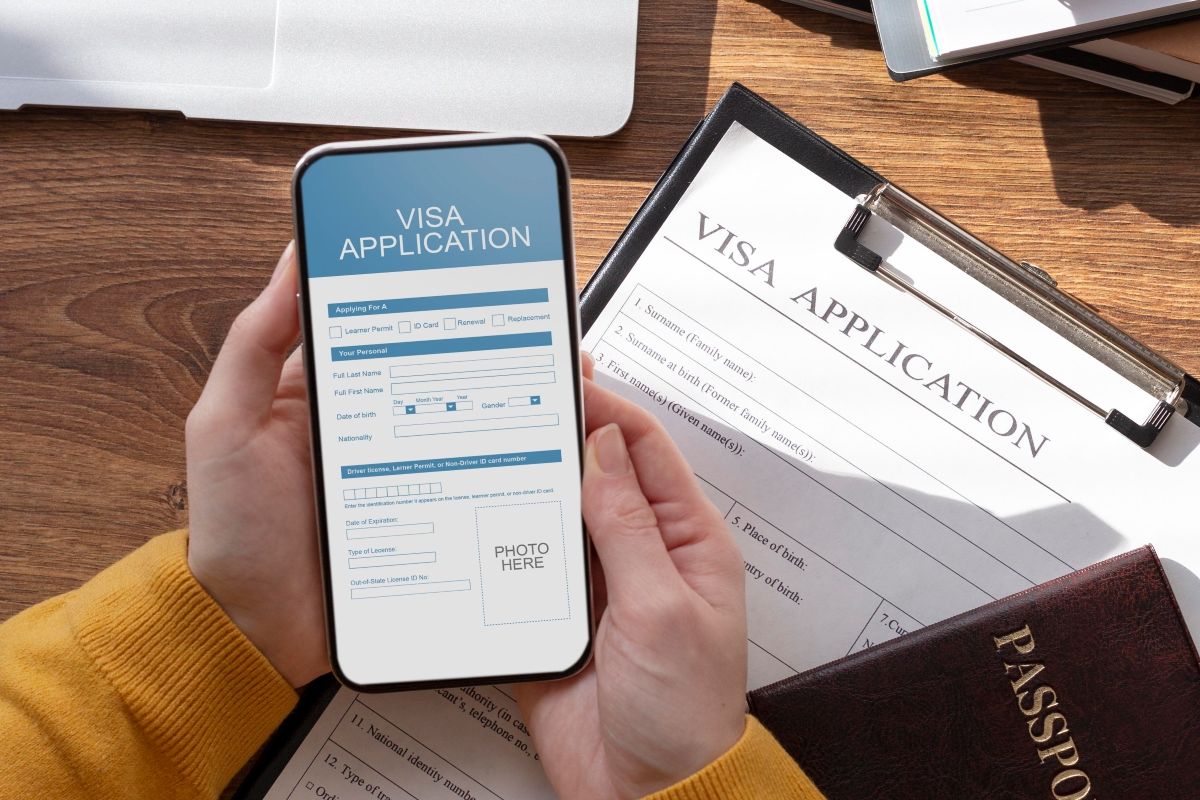The European Union is on the verge of revolutionizing the visa application process for the Schengen Area, introducing a comprehensive digital system that promises to make it easier, faster, and more secure for travellers from around the world.
With the approval of two new regulations by the Council of the EU, the bloc is set to implement a fully digital visa application platform by 2026, marking a significant shift from the current paper-based system.
Digitalization of Schengen Visa
The European Union (EU) has reached a significant milestone in digitalising Schengen Visa application procedures. Recently, the Council of the EU approved two new regulations, marking a crucial step toward implementing a modernized system by 2026.
“In 2026, the EU visa application platform and the digital visa would coexist. After the end of the transition period (end of 2028), all visa applications would be lodged online through the EU visa application platform (except for a few exceptional cases for which a paper procedure would remain possible),” said the EU Regulation.
Also Read: Schengen Visa Rejection Rates by Nationality: Check Easiest Countries to Get a Visa From
Key Changes and Benefits
The digitalization of Schengen visa applications brings about several notable changes and benefits:
Single Platform for All Applications: Regardless of the country or number of countries a traveller wishes to visit, they will only need to file a single application through the EU visa application platform. This streamlined approach eliminates the need to apply at multiple consulates or visa centres.
Reduced Paperwork: Applicants will no longer be required to submit physical copies of documents. Instead, they will directly upload digital scans of their passport, biometric photos, proof of travel, accommodation, and other relevant documentation to the platform.
Online Payment of Fees: Visa fees will be conveniently paid online through the platform, eliminating the need for in-person payments and associated hassles.
Digital Visas Replace Stickers: Physical visa stickers will be phased out, and replaced with secure digital barcodes. This move enhances security and simplifies the visa verification process.
Reduced Costs and Burden: The digital system is expected to significantly reduce the administrative costs and burdens associated with processing visa applications, benefiting both Member States and applicants.
Enhanced Security: The digital platform will incorporate advanced security measures to safeguard sensitive data and prevent fraud.
Must Read: Schengen Visa Applicants from Top 10 Countries Revealed
Implementation Timeline
The transition to the digital Schengen visa application system will be gradual, with key milestones as follows:
| 2026 | 2028 |
| The EU visa application platform and the digital visa will coexist, allowing applicants to choose either option. | All visa applications will be lodged online through the EU visa application platform, except in exceptional cases where a paper procedure may still be necessary. |
Impact on Travellers from Visa-Exempt Countries
Nationals from non-EU/Schengen countries that currently enjoy visa-free entry will not be affected by the digital Schengen visa application process.
However, starting in May 2025, they will need to obtain an ETIAS (European Travel Information and Authorisation System) authorization via an online process.
Conclusion
The digitalization of Schengen visa applications represents a significant step forward in streamlining and enhancing the visa application process for travellers worldwide.
With its focus on convenience, efficiency, and security, this new system promises to make the Schengen Area more accessible and welcoming to visitors from all corners of the globe.
Follow and connect with us on Facebook, Twitter, LinkedIn, Instagram and Google News for the latest travel news and updates!





